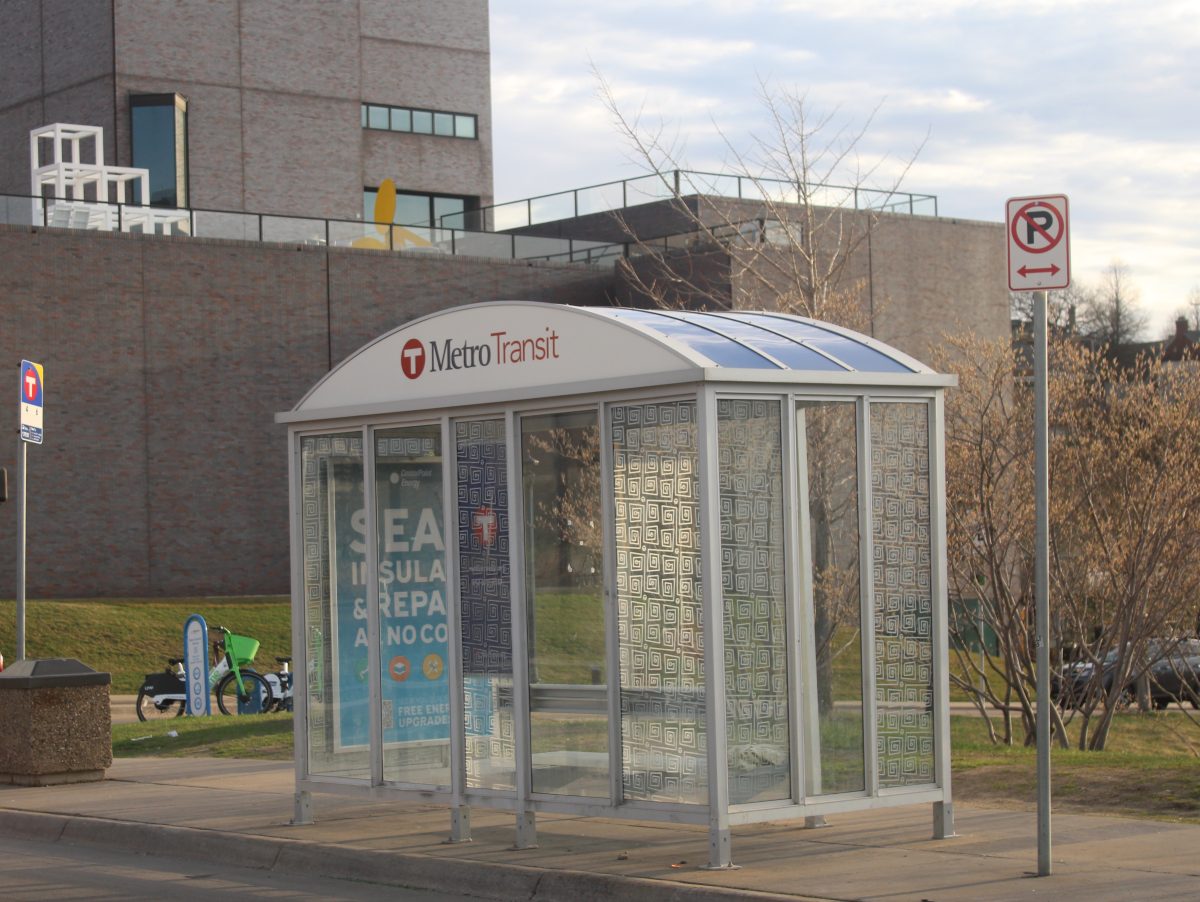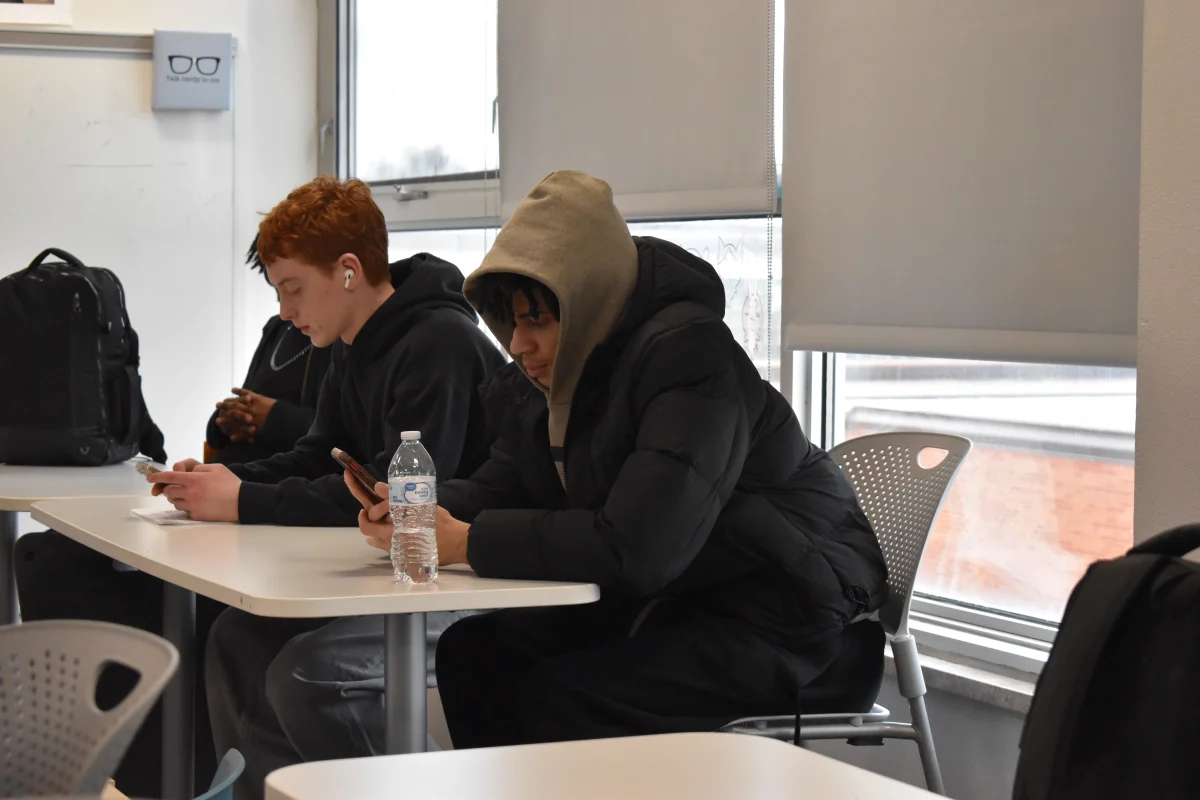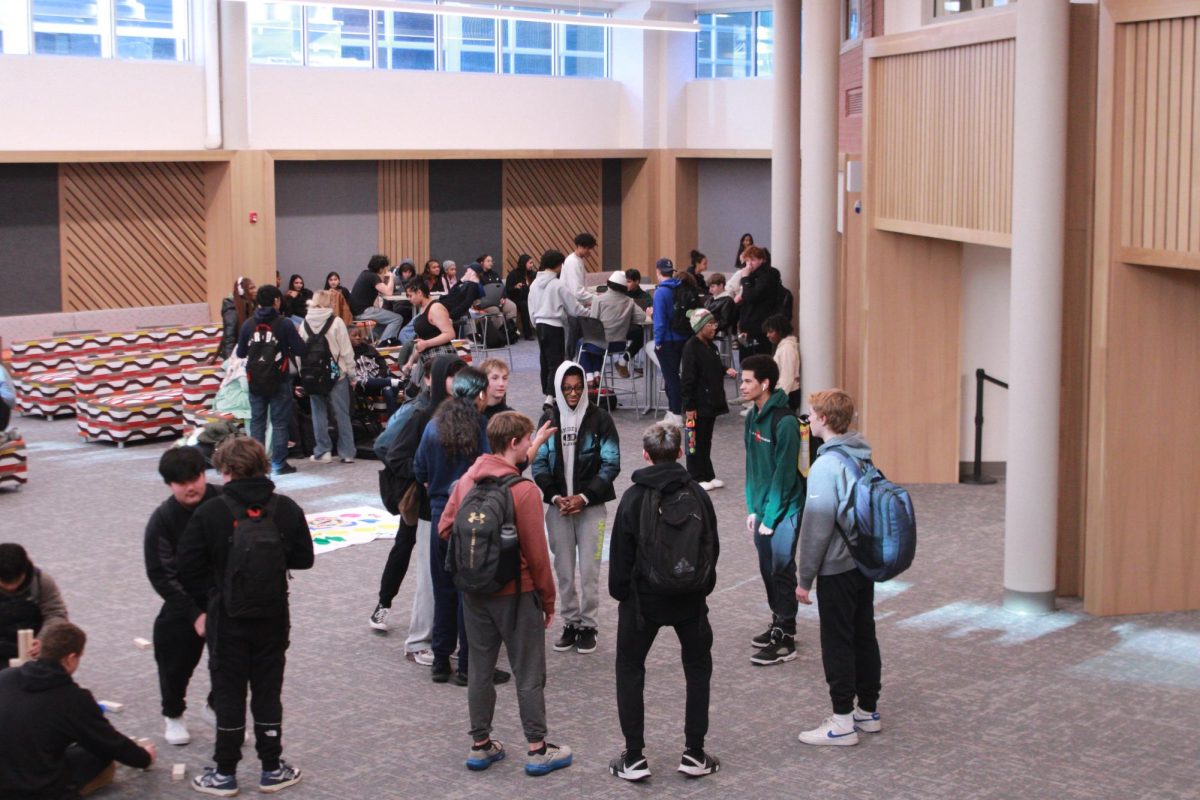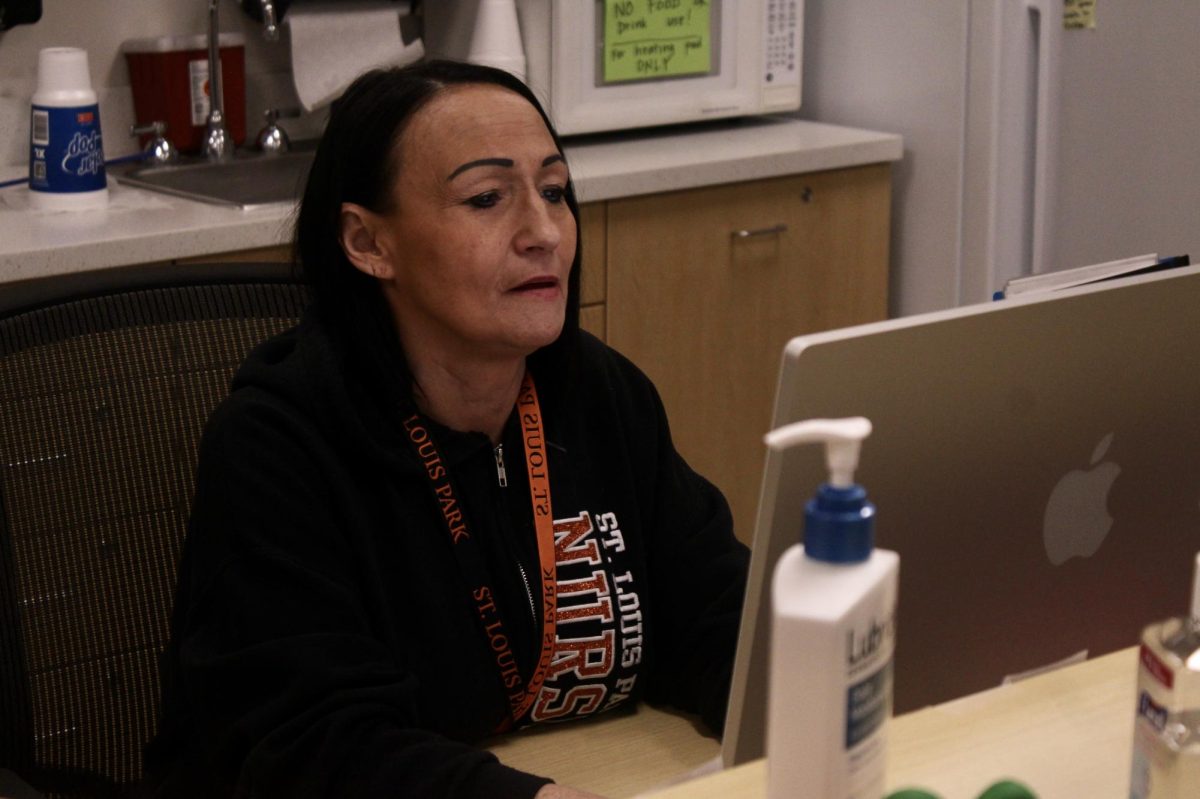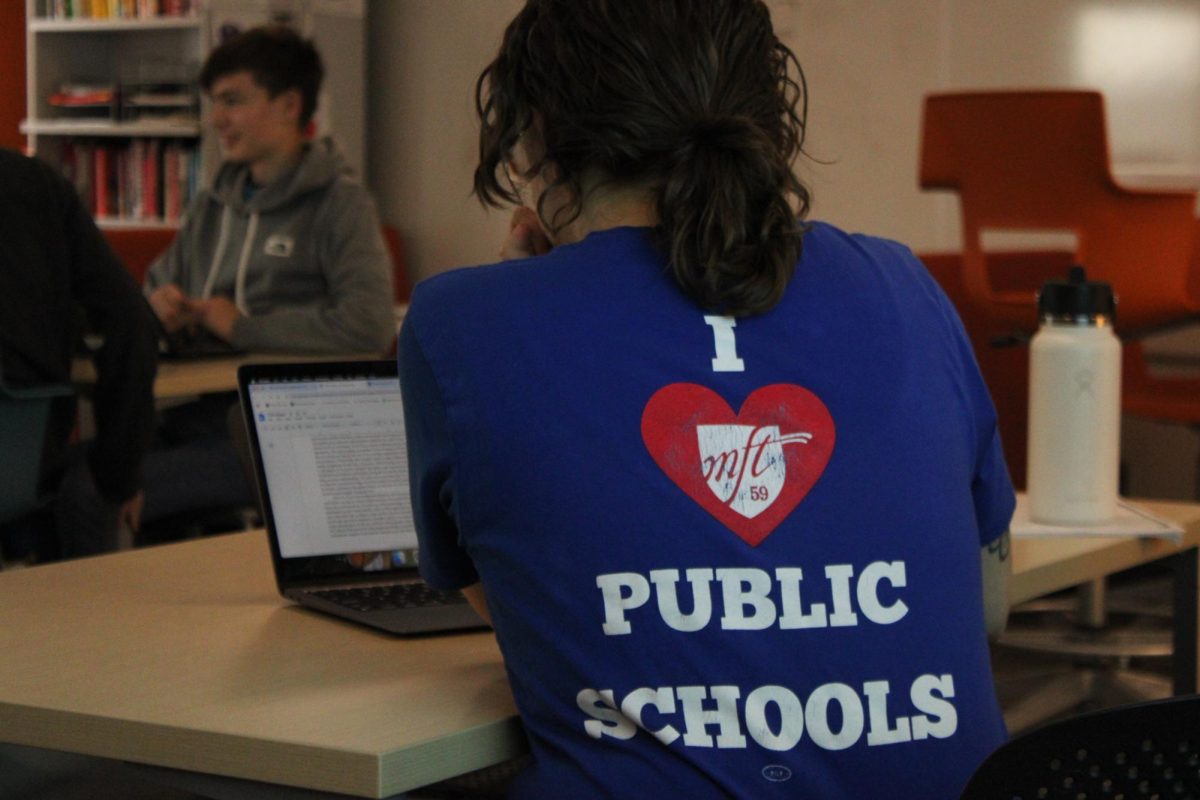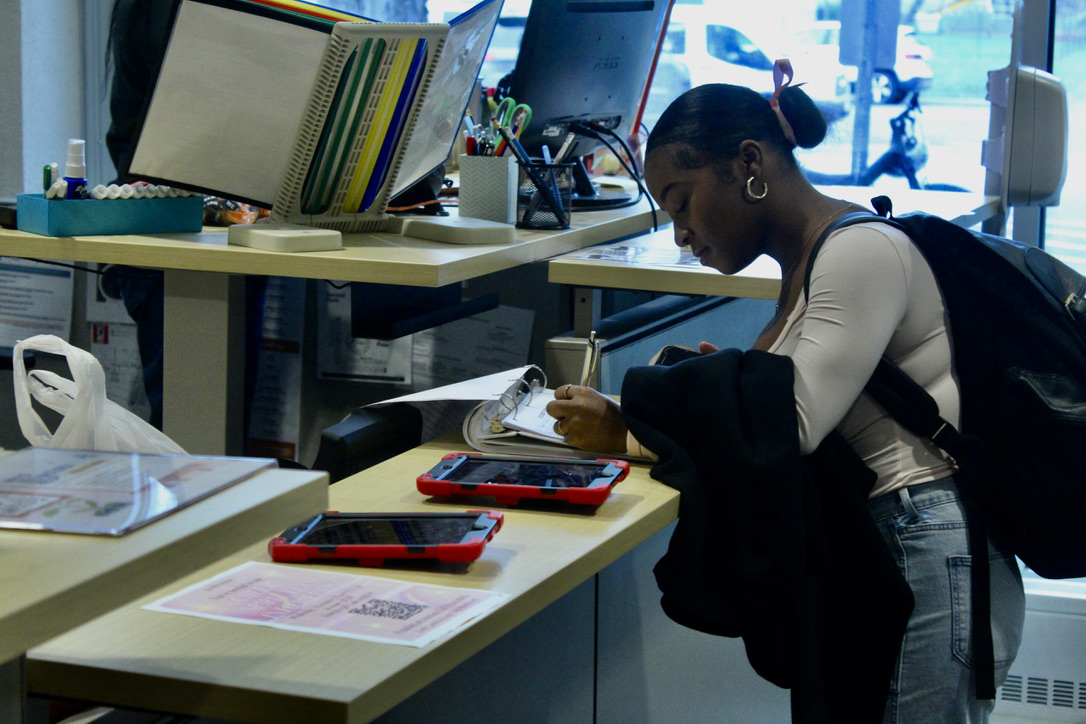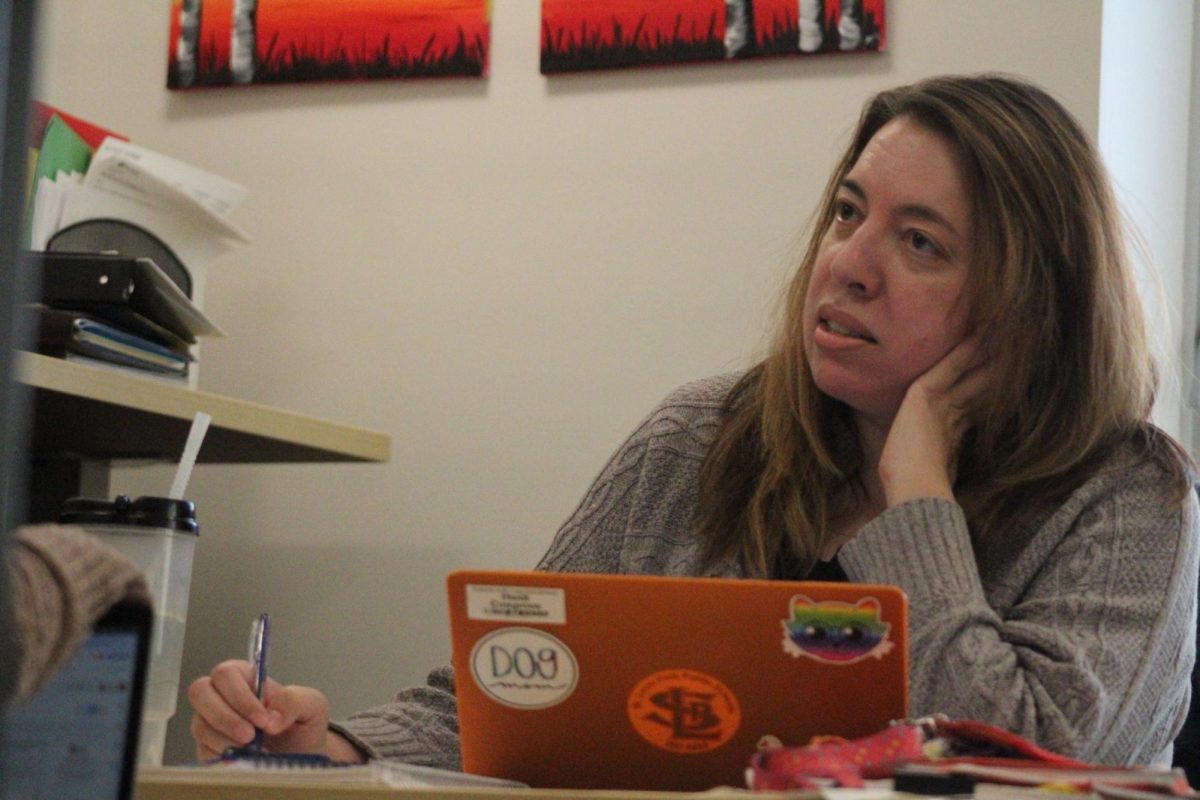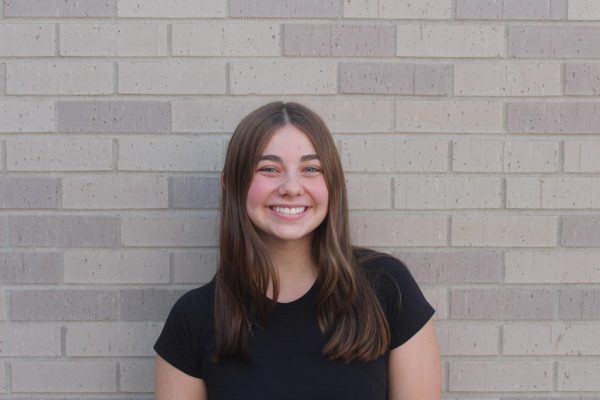On March 14, the Minneapolis City Council overrode Mayor Jacob Frey’s decision to veto the edict that would require a minimum wage for ride-sharing workers. Uber and Lyft both said they would be pulling out of service in Minneapolis if this were to happen. The ordinance was initially set to begin May 1, but the council unanimously decided to delay the ordinance to July. Governor Tim Walz is currently working towards a compromise “to increase rideshare driver pay but keep Uber and Lyft operating in the Twin Cities.” A recent study done by the Minnesota Department of Labor and Industry found a lower pay rate that would still meet minimum wage standards. The rate ($0.49/min) is two cents less per minute than what the city council said would need to be implemented in order to ensure minimum wage. In consideration of these proposals, losing access to Uber and Lyft will impact people across the Twin Cities, including students at Park.
Minneapolis council member LaTrisha Vetaw said Uber and Lyft are essential for everyday use — getting kids to school and going to work. According to her, it is an affordable option for those who can’t afford cars and all the extra costs that come with them. In consequence, for many, Uber or Lyft is a primary mode of transit.
“A lot of people in my ward use Uber and Lyft to get to work everyday and to get their children to school,” Vetaw said. “It really is affordable. A lot of people can’t afford cars and insurance that comes with cars, so Uber and Lyft is their main mode of transportation.”
English teacher Abdul Wright said rideshare companies are important for those who can’t easily get around. It increases access to transportation to get practically anywhere, he said.
“It allows people who lack the ability to get around access to transportation to places like work, daycare and everything in between,” Wright said.
According to junior Tarike Meyerhoff, access to ride-sharing companies has been important to her when she needs to be somewhere and friends or family are not available to drive her.
“(Having access to Uber and Lyft is) important when my parents are unable to give me a ride somewhere or my friends can’t drive me and I still need to get there,” said Meyerhoff. “Sometimes, I will take an Uber or Lyft.”
Vetaw said pay for rideshare workers should be dealt with by the state. She said this would ensure when a driver crosses the border into another city, the pay rate is not different.
“Rideshare workers are independent contractors. (They) signed up to accept a certain amount of pay; if the state is saying that we’re not paying them a certain wage, I think the state should pass a law that changes that,” Vetaw said. “That way, when a driver crosses the border into St. Louis Park, the (pay) rate isn’t different.”
Wright said he believes it is not fair for Uber and Lyft to pull services because of the demand for the service and how necessary it has become for some people. According to him, Uber and Lyft should pay workers a living wage.
“I believe that they need to pay their fair share and make sure that their workers are paid a wage that is livable in a society of inflated economics,” said Wright. “Companies and businesses, especially ones that service mediums to labor and on to a product like Uber, are necessary.”
Local control is something Vetaw has advocated for. She said the council should be able to fix it on their own, and preemption by Governor Tim Walz is not a good look for Minneapolis.
“My background is in policy, and one of the things that I fought for was local control,” Vetaw said. “What local council wants the governor of Minnesota to have to step in and fix it? We should be able to fix it. We shouldn’t have done it, but we did.”
According to Meyerhoff, she said she appreciates the efficiency of rideshare companies and that it can be a very good last-minute option. It doesn’t require planning ahead of time, unlike what she may have to do when getting a ride from a friend, she said. But she said important events and her time spent with others will be impacted the most; not being able to get to those events would cause her to miss out.
“The best part is you don’t really have to make an appointment. You don’t have to do it super far ahead of time,” you can ask for an Uber instead of asking your friend three weeks before,” she said. “(If Uber and Lyft leave) I will not be able to go to things that are important or be able to spend time with my friends if I don’t have a ride setup before,” Meyerhoff said.
Wright said taxi services are no longer reliable, especially with their increasing prices and ability to cancel. He said he mainly relies on his car, but as an alternative option, he plans on using a bike if need be.
“I will be using an alternative option. It’s called a bike,” said Wright. “I won’t be using taxi services with their inflated prices. They are not reliable and they cancel. I will just be driving.”
Meyerhoff said the idea of using an alternative service is still a little foreign to her, but she is open to it. She said she may have to use public transportation such as the bus.
“I would try, although I don’t know what I would use,” said Meyerhoff. “I’d probably try to take the bus or some other kind of public transportation.”
Vetaw said she fails to see any benefits to this ordinance. If Uber and Lyft pull services from Minneapolis, it will leave thousands unemployed. She said the only solution would be to repeal the ordinance. Given that the ordinance was announced before the state could release the results of the study, she said the best way to give ground is simply by repealing it. She is advising that the focus should be shifted to protection of drivers.
“If (Uber and Lyft) leave, we are talking about thousands of people losing their jobs,” said Vetaw. “At this point, the only way to step back is to repeal it, especially because we didn’t wait for one day to get the state’s data. The only solution I see is repealing it until we can figure it out,” said Vetaw. “I think the focus should be more on public safety and the protections around drivers.”



